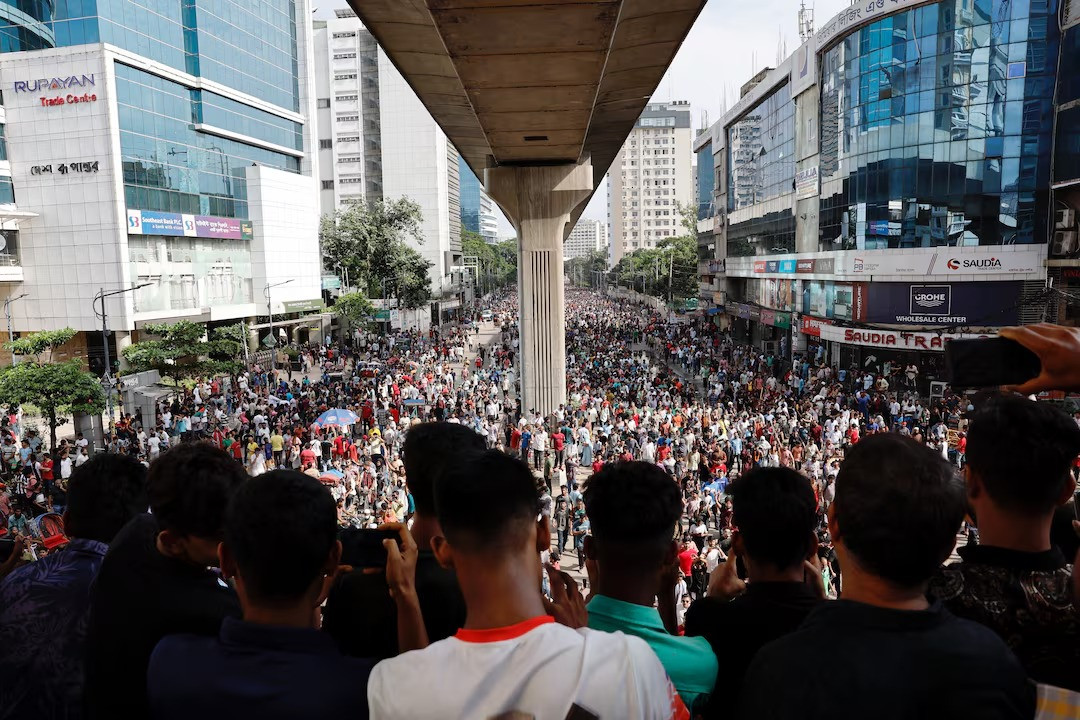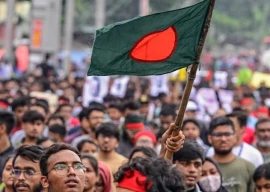
The recent resignation of Bangladesh Prime Minister Sheikh Hasina, announced by Army Chief General Waker-Uz-Zaman amid violent anti-quota protests, brings attention once more to the country's tumultuous history of political upheaval and coups.
1975
Sheikh Mujibur Rahman, Bangladesh's first Prime Minister and Hasina’s father, was assassinated in a military coup that ushered in an extended period of military rule. The same year saw two more coups, ultimately leading to General Ziaur Rahman seizing power.
1981
Ziaur Rahman was assassinated by rebels in Chittagong city, but the army remained loyal, swiftly suppressing the rebellion.
1982
Rahman's successor, Abdus Sattar, was ousted in a bloodless coup led by Hussein Muhammad Ershad, who became the chief martial-law administrator and later assumed the presidency.
2007
Bangladesh experienced another coup when the army backed a caretaker government that ruled until Hasina's rise to power in 2009.
2009
A mutiny by paramilitary forces over wages resulted in more than 70 deaths in Dhaka. The rebellion spread to a dozen towns before ending after six days.
2012
The Bangladesh army foiled a coup attempt by officers advocating for Sharia law throughout the country.
2024
As the country once again faces political unrest with Hasina's departure, the question remains whether the interim government can stabilise the nation or if Bangladesh will continue to be plagued by its history of political instability.
The eyes of the international community are on Bangladesh as it navigates this challenging period.



1730959638-0/trump-(19)1730959638-0-165x106.webp)



1727523993-0/Copy-of-Untitled-(7)1727523993-0-270x192.webp)













COMMENTS
Comments are moderated and generally will be posted if they are on-topic and not abusive.
For more information, please see our Comments FAQ